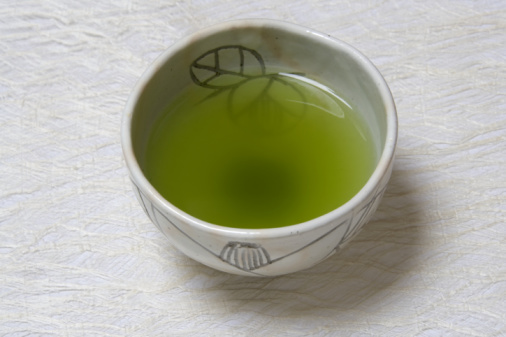All Weight Loss Questions
Kate Middleton supposedly lost weight on something called the Dukan Diet, which is all the rage in Europe. What is it exactly?
The Dukan Diet was created by Pierre Dukan, MD, a specialist in clinical nutrition since 1970. He first published it in France, where it has been a best seller for nearly a decade. The diet is a four-phase, low-carb plan that emphasizes protein. During the Attack Phase (phase one), you eat nothing but protein – red meat, chicken, fish, whole eggs, etc. (This phase can last as little as one day or can go for as many as 10, depending on how much weight you have to lose). The Cruise Phase (phase two) adds vegetables to the mix. You eat protein one day, alternating with protein and vegetables the next. You stay in this phase till you’ve lost the weight you need to lose. The remaining Consolidation and Stabilization phases are about reincorporating other foods, such as fruit, cheese and whole grains, but in limited quantities. One novel feature of the plan is “Protein Thursdays”, where you pick one day a week and go back to the attack Phase (all protein for that entire day. This continues every week for the rest of your life).

Although I have some minor quibbles with the details, if you’re looking to lose weight, this diet certainly has potential. Better yet, avoid locking yourself into a lifelong commitment and enjoy a balanced and varied Clean Eating magazine nutrition plan. Eating clean allows you to stay slim and healthy and enjoy a boredom-proof diet full of energizing nutrients every day of the week!
Can green tea help with weight loss?

Actually, yes. Though the exact mechanism by which green tea helps you lose weight is not known, scientists suspect it is the active ingredient Epigallocatechin gallate (EGCG), a member of the catechin family of plant chemicals, that is responsible. A 2010 study randomly assigned folks with obesity and metabolic syndrome to one of three groups. The first drank four cups of green tea daily, the second took green tea extract capsules and the third drank four cups of water. The study lasted eight weeks and both the green tea drinkers and the green tea supplement takes saw a significant decrease in both BMI and body weight. And this is not the first study to show the green tea effect. A 2006 article in Molecular Nutrition and Food Research entitled “Anti-Obesity Effects of Green Tea: From Bedside to Bench” reviewed previous research and concluded that “studies conducted with human subjects report reduced body weight and body fat”. And a 2005 study in the American Journal of Clinical Nutrition found that people drinking one bottle of oolong tea with green tea extract per day had significantly lower body fat and body weight. Considering all the other benefits of green tea, this one’s a no-brainer.
Is coconut oil healthy?
You bet it is. The fat in coconut oil contains two fatty acids, lauric and caprylic, that are both known to be antimicrobial and aniviral. In addition, the fat in coconuts known as medium-chain triglycerides (MCT) tends to be used by the body as fuel rather than stored as fat. And with a smoke point of 350 to 450 F (depending on how refined it is), coconut oil can stand up to heat very well. It’s often promoted for weight loss, but we haven’t seen a substantial amount of research demonstrating that. However, a 2009 study did show that overweight women given two tablespoons of coconut oil daily over the course of 12 weeks lost inches from their waist and also improved their HDL (good) cholesterol profile.

